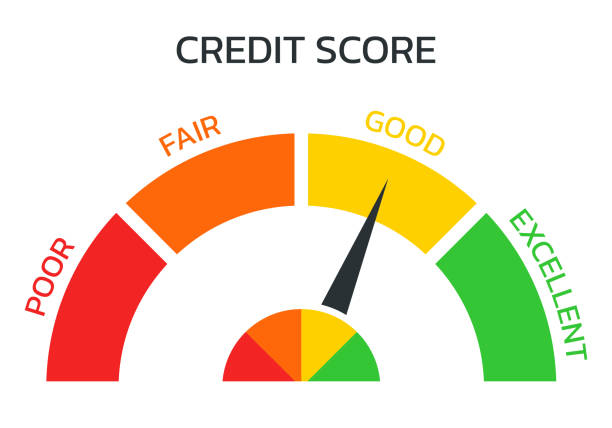
The coronavirus pandemic has caused much panic and ignited fears of a recession. The monetary aftermath could include losses for many citizens, which will make it incredibly hard for them to repay their credit dues. Simultaneously, the failure to repay their credits can intensify the NPA hardships of banks and NBFCs which can additionally hurt the economy. To mitigate this, the Reserve Bank of India (RBI) advised all banks to permit a three-month moratorium on loan EMIs and credit card payments for borrowers and credit card owners with an aim to help them deal with their momentary liquidity concerns, this period has now been increased to a six-month period.
Moneylenders have been providing this facility to their borrowers on their loans and card dues falling between March 1, 2020, and May 31, 2020. However, this moratorium works only as a delay or deferment on repayments and interest will keep on accruing throughout the period. However, borrowers and card owners will have the option to either use this offer or keep on making regular payments.
Now, the real question is, would it be advisable for you to opt for moratorium or not? You should understand a couple of key factors to settle on an informed choice about what to do.
Tenure of Your Loans
Towards the beginning of your loan, a bigger part of your EMIs goes towards interest. For instance, if you borrowed Rs 30 lakh for a period of 20 years at a rate of 8%, your EMI will be approximately Rs 25,000. In your first EMI, Rs 20,000 will go towards interest while just Rs 5000 will be your primary instalment. The portion of the principal goes up with every instalment. Hence, if you are taking the moratorium around the beginning of your loan, you’ll have to assess the extra amount that would be required to be paid. The interest collected during the moratorium will be added to your outstanding.
Thus, since your dues go up during the moratorium, your EMI and your loan tenure will also go up. The farther you are from the end of your loan, the more your dues will increase. A single missed EMI and your inability to pay it currently could add a few more EMIs to your loan, and you’ll have to repay a much greater sum through the course of your loan. To stay away from the increase of interest on the unpaid dues, consider making your regular payments and clearing the loan at the earliest. Pre-instalments, particularly close to the beginning of your loan, will shave off many months off your tenure and might spare you lakhs of rupees on large credits.
Interest On The Loan
Interest rates are different across loan categories. For instance, the interest rates go somewhere in the range of 7.25% and 8.5% p.a. on a home loan, while they are around 9% to 10% on a vehicle loan and so on. Generally, the interest rate on secured loans is lower than on unsecured loans. For instance, on a personal loan, the interest rate can be as high as 18% to 24% p.a. Banks are also offering moratorium on credit card dues, on which the annualized loan fee could be higher than 48% p.a. The target should be to maintain a strategic distance from the moratorium particularly on high-interest advances or credit card dues, except if you are under extraordinary financial pressure.
Liquidity Requirements
According to experts, liquidity requirements should not be the main motivation to opt for the moratorium. Before deciding to go for the moratorium, you might want to try to borrow some money from your near ones, if they are financially able. Use that money to clear your EMIs and later reimburse them when your income balances out. You may likewise explore choices like liquidating a few investments to defeat the crunch. However, if you have depleted all these options, you might want to consider going for the moratorium after assessing the risks carefully.
Opting for the offered credit moratorium could prompt greater monetary liability in the future. More importantly, it must be noted that this moratorium in no way, shape or form, is a credit waiver. Repaying your credits is still your responsibility, and this moratorium doesn’t change that at all. Hence, if your income hasn’t been affected much in these months, you should aim to clear your debt without any assistance from the moratorium.






